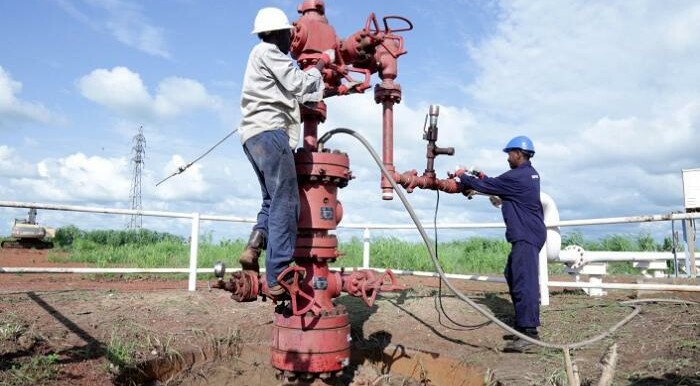South Sudan is set to restart oil production in Blocks 3 and 7 following the lifting of a 10-month-long force majeure on crude exports by Sudan.
The force majeure was declared in March 2024 after a major rupture in the pipeline transporting crude oil from South Sudan to Port Sudan.
The disruption, caused by active military conflict in Sudan, significantly impacted South Sudan’s economy, which relies on oil exports for over 90% of its state revenues.
On January 8, 2025, Dar Petroleum Operating Company (DPOC), the largest oil operator in South Sudan, will resume operations. South Sudan’s Petroleum Minister, Puot Kang Chol, announced the development, citing improved security conditions and the resolution of pipeline issues. He expressed optimism about the positive economic impact of the restart, noting that international partners, including China National Petroleum Corporation (CNPC), SINOPEC, and Sudanese Sudanese Trading Oil (SSTO), support the initiative.
- Advertisement -
Before the pipeline rupture, South Sudan exported six million barrels of crude oil monthly through Sudan’s Red Sea terminal. However, exports plunged by two-thirds after the disruption, exacerbating the financial strain on the landlocked country. The pipeline, operated by Bashayer Pipeline Company, has since undergone repairs, with new security measures ensuring smoother operations.
South Sudan aims to initially produce 90,000 barrels per day, gradually scaling up capacity. The restart underscores South Sudan’s reliance on Sudan’s infrastructure for exporting its crude oil. However, the continued instability in Sudan poses risks to both nations’ economic stability and oil operations.
Meanwhile, South Sudan is addressing other industry challenges. The government has reached an agreement with Petronas to pay off its shares as the Malaysian company exits the market after nearly three decades. This transition will not affect partnerships with CNPC, SINOPEC, and Tri-Ocean Energy.










